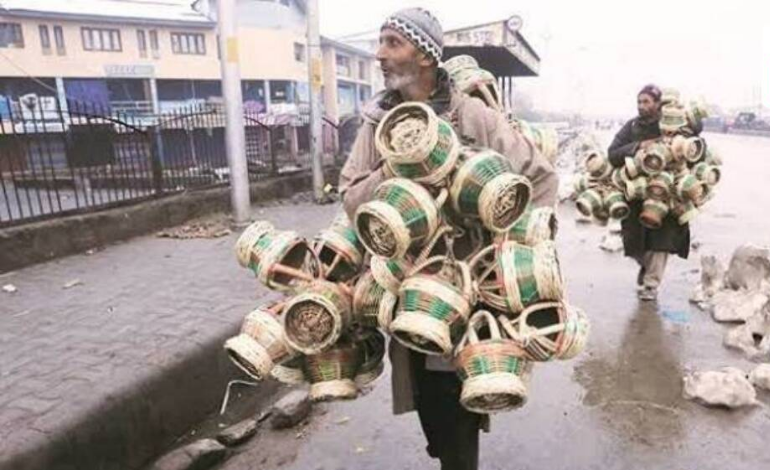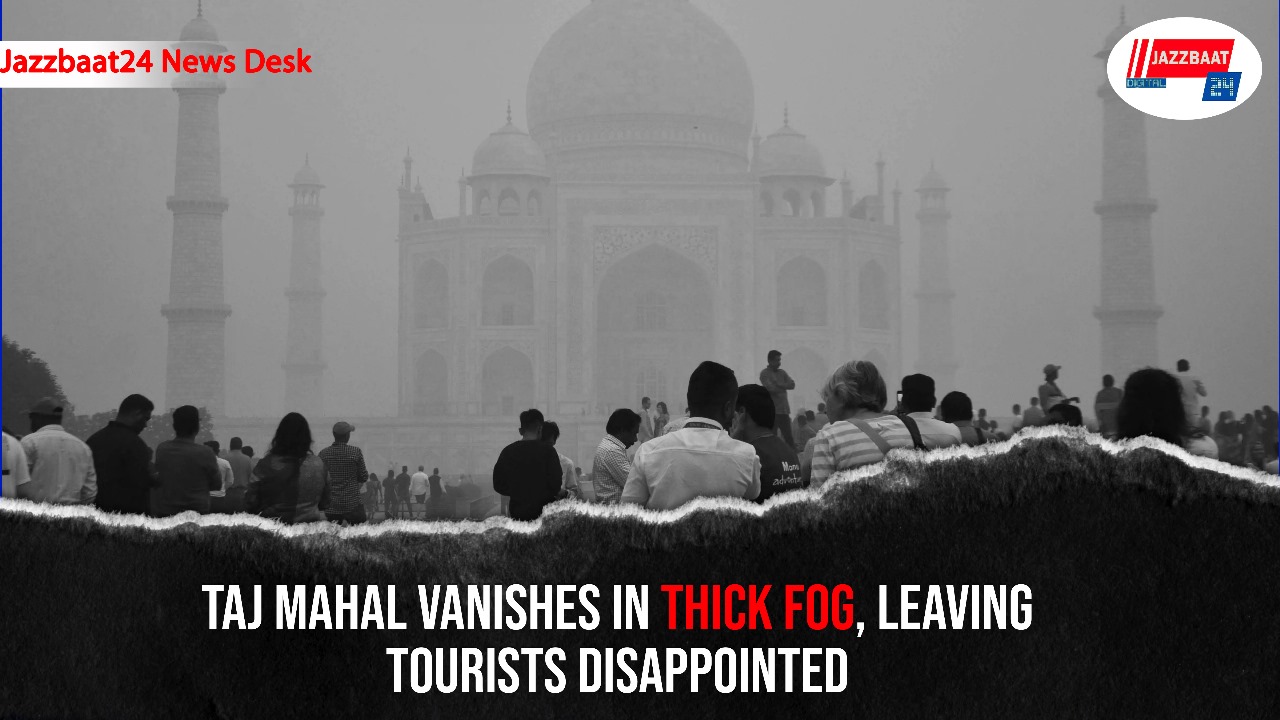As a result of the UT administration's amendment to the Jammu and Kashmir Reservation Rules-2005, which replaced the phrase "Pahari Speaking People" with "Pahari Ethnic Group," the benefits of reservation to Pahari-speaking people in Jammu and Kashmir will be granted on the basis of "ethnicity" rather than language.
In a notification dated October 19, 2022, issued by Commissioner-Secretary Social Welfare Department, Sheetal Nanda, it was stated that in the Jammu and Kashmir Reservation Rules-2005, words 'Pahari Speaking People (PSP)', wherever appearing, shall be substituted with 'Pahari Ethnic People', in accordance with instructions from UT's Lt Governor Manoj Sinha.
Along with renaming a few of the already existing classes, it also added 15 new classes to its list of social caste categories: Waghey (Chopan), the Ghirath/Bhati/Chang community, the Jat and Saini communities, the Markabans/Ponnywallas, the Sochi community, the Christians (converted from Hindu Valmiki), the Sunar/Swarnkar, the Teeli (Hindu Teeli along with already existing Muslim Teli), the Perna/Kouro (Kaurav), the Bojru/Decount/Dubdabay Brahmin, Gorkhas, West Pakistan Refugees (excluding Scheduled Castes) and the Acharyas.
Potters (kumhars), shoe repairers (doing their jobs without the use of machines), bangies khakrobes (sweepers), barbers/washermen, and dooms were among those renamed. "Kumahars, Mochi, Bangies Khakrobes, Hajjam/Nai, Dhobi and Dooms (excluding Scheduled Castes)" shall be used in place of these words, respectively.
According to the announcement, the Lt. Governor issued the amendments in reliance on the power given by the first proviso to clause (o) of Section 2 of the Jammu and Kashmir Reservation Act-2004.
Previously, those who spoke pahari and lived in the Jammu and Kashmir districts of Rajouri, Poonch, Baramulla, and Kupwara and had a household income of no more than Rs 8 lakh per year were eligible for the 4% reservation.
The change from "Pahari Speaking People" to "Pahari Ethnic Group" is seen as a step toward granting them Scheduled Tribe status, especially in light of Union Home Minister Amit Shah's announcement that Paharis will receive the reservation on the same basis as Gujjars and Bakerwals earlier this month at his first-ever public rally in Rajouri. The Justice Sharma (G D Sharma) Commission proposed "reservation to Gujjars, Bakerwals, and Paharis" in its report to the Central government, he said.
Vibodh Gupta, a BJP leader and former MLC from Rajouri who also happens to be a Pahari, applauded the decision and described it as a step toward obtaining the ST status. Despite the fact that the Paharis have long demanded ST recognition due to their close proximity to the Gujjars and Bakerwals and sharing similar socioeconomic circumstances, the movement gained traction after the Delimitation Commission allocated nine seats in the J&K Legislative Assembly for STs.
Earlier as well, requests for the Centre to take into account Paharis' demands had been turned down on the grounds that they did not represent an ethnic community by a number of successive state governments.
“In view of frequent rejections to the demand for ST status, Paharis had for the past many years started calling themselves as Pahari Tribal People instead of Pahari Speaking People,’’ said Sumit Bhargav, a mediaperson from Rajouri. “These people have been demanding this status not on the basis of language, but socio economic conditions which are similar to those of Gujjars and Bakerwals,’’ he added.
Since there are nearly 48 ethnic groups in Kashmir and nearly the same number in Jammu division, including Kashmiris and Dogras, granting ST status solely on the basis of ethnicity will open a Pandora's box, according to Javed Rahi, founder secretary general of the Tribal Research Foundation, an organisation working for the welfare of Gujjars and Bakerwals in J&K. They might also request a similiar reservation, he said.
However, retired professor Prof. Hari Om of Jammu University stated that it is still unclear what the government means by the term "Pahari Ethnic Group." If it applied to those residing in certain locations, the decision is likely to incite hostility among Dogras and others who belong to the same category.





